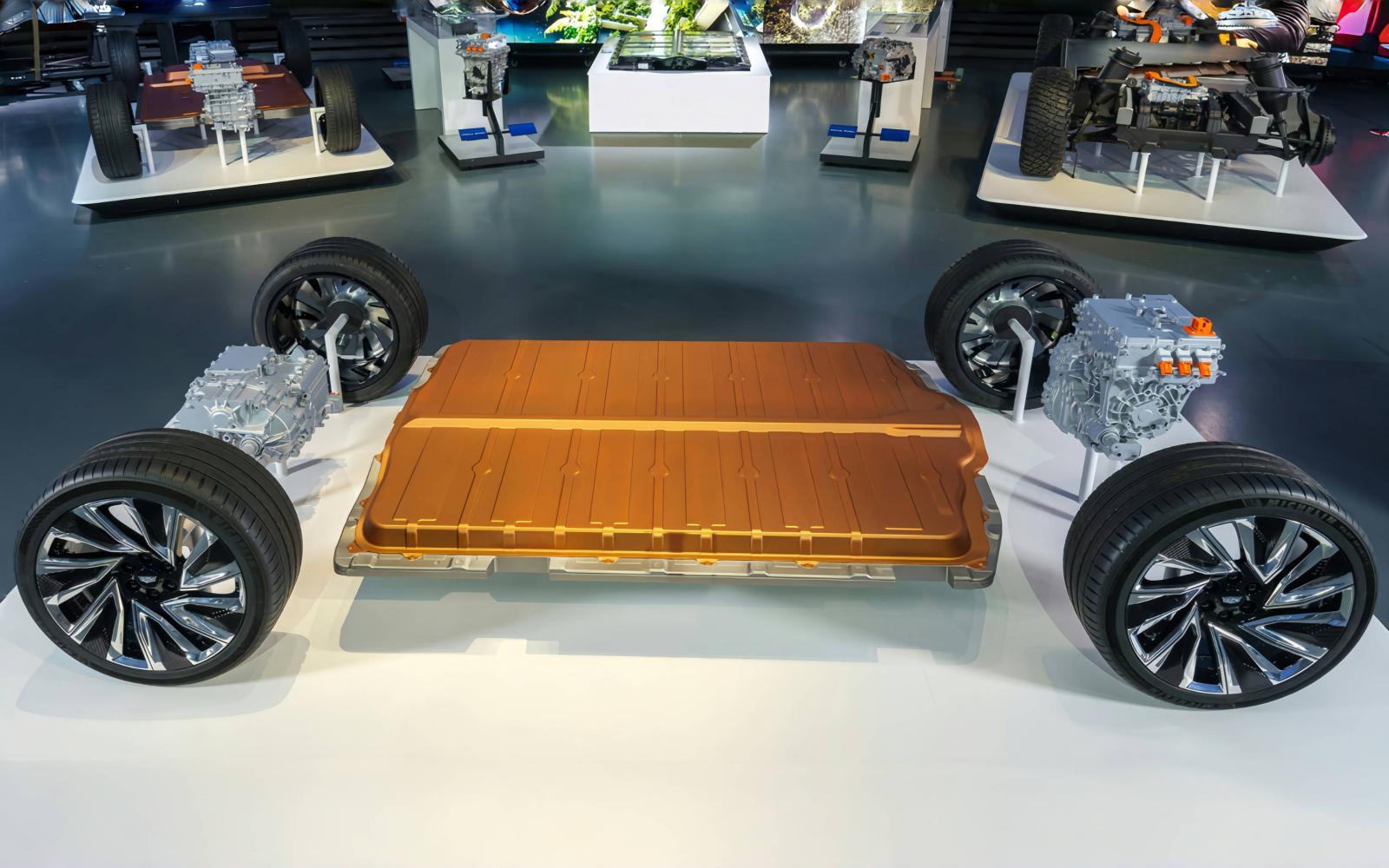Cost reduction of EV batteries – Tech News 2403

Preface
Cost Reduction of EV Batteries
As the cost of EV batteries continues to decrease, its impact on the downstream of the electric vehicle industry chain becomes increasingly evident, intensifying competition within the industry.

Impacts of Lithium Carbonate Price Reduction
Sharp Markdown
In 2024, the price of battery-grade lithium carbonate is expected to remain at a low level, dropping from around 83500 dollar per tonne in early 2023 to 14000 dollar per tonne by the end of the year. Furthermore, it has continued to decline below 14000 dollar per tonne since the beginning of this year. This decrease in battery costs translates into a reduction in overall vehicle costs for the electric vehicle industry chain.
Chain Reaction
Known as the ‘white petroleum,’ lithium carbonate is an important raw material for the production of lithium batteries, closely intertwined with the development of electric vehicles and energy storage industries. In terms of battery costs, lithium carbonate accounts for a significant portion. The decrease in prices of lithium carbonate directly drives cost reduction of EV batteries, inevitably leading to a reduction in overall vehicle costs.
The cost of power batteries accounts for 40% to 60% of the overall cost of electric vehicles, and within the battery cost, the main raw material lithium carbonate occupies a significant portion. For automotive companies, reducing the cost of power batteries undoubtedly brings significant benefits as it helps further lower production costs and increase profit margins. Whenever the price of lithium carbonate decreases by 13900 dollar per tonne, it can reduce the cost by 7 dollar per kilowatt-hour. In a battery pack calculated based on a temperature of 70 degrees Celsius, this can result in savings of 486 dollar.
Considering the current situation of overcapacity and intensified competition in the power battery industry, if a price war were to occur among power batteries, it wouldn’t take long for electric vehicles to experience further price reductions. This might even lead to a significant market promotion in the upcoming year.
Battery Manufacturer
For power battery manufacturers, they need to rely on two key strategies: continuous technological innovation and cost sharing through increased production. Technological innovation includes overcoming the challenge of recycling major battery materials, enabling multiple cycles of use without limitations in order to significantly reduce material costs. Otherwise, it would be difficult to overcome the constraints posed by limited global lithium resources.
CATL
According to reports, CATL (Contemporary Amperex Technology Co., Ltd.) is promoting its 173Ah VDA standard lithium iron phosphate battery cells to automakers. These cells come with a standard fast charging rate of 2.2C and are being marketed as individual units for large-scale adoption. It is expected that several car manufacturers will adopt this battery solution this year, with an estimated price of around 0.4 yuan per watt-hour (Wh). The target market for these batteries is the pure electric vehicle market, with prices ranging from 100,000 to 200,000 yuan.
Vehicle Cost
Similar to lithium carbonate, the production cost of electric vehicles has certain limitations. In addition to the core power battery, manufacturers are also investing in areas such as intelligent driving, high-voltage platforms, and smart cabins, all of which involve high costs. Despite a decline in battery prices, it does not cover all production costs.


0 Comments